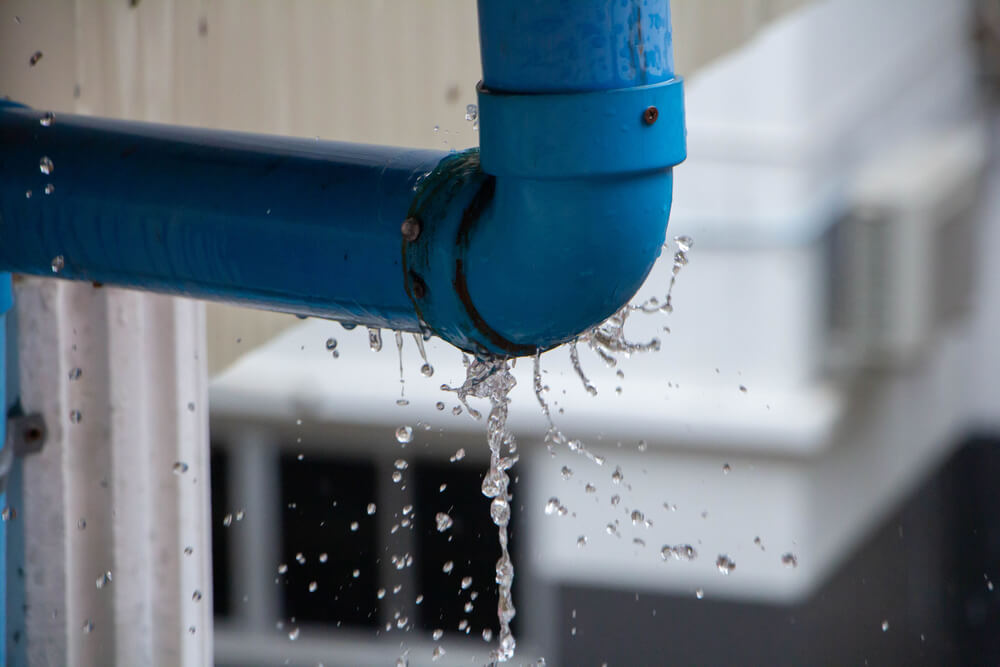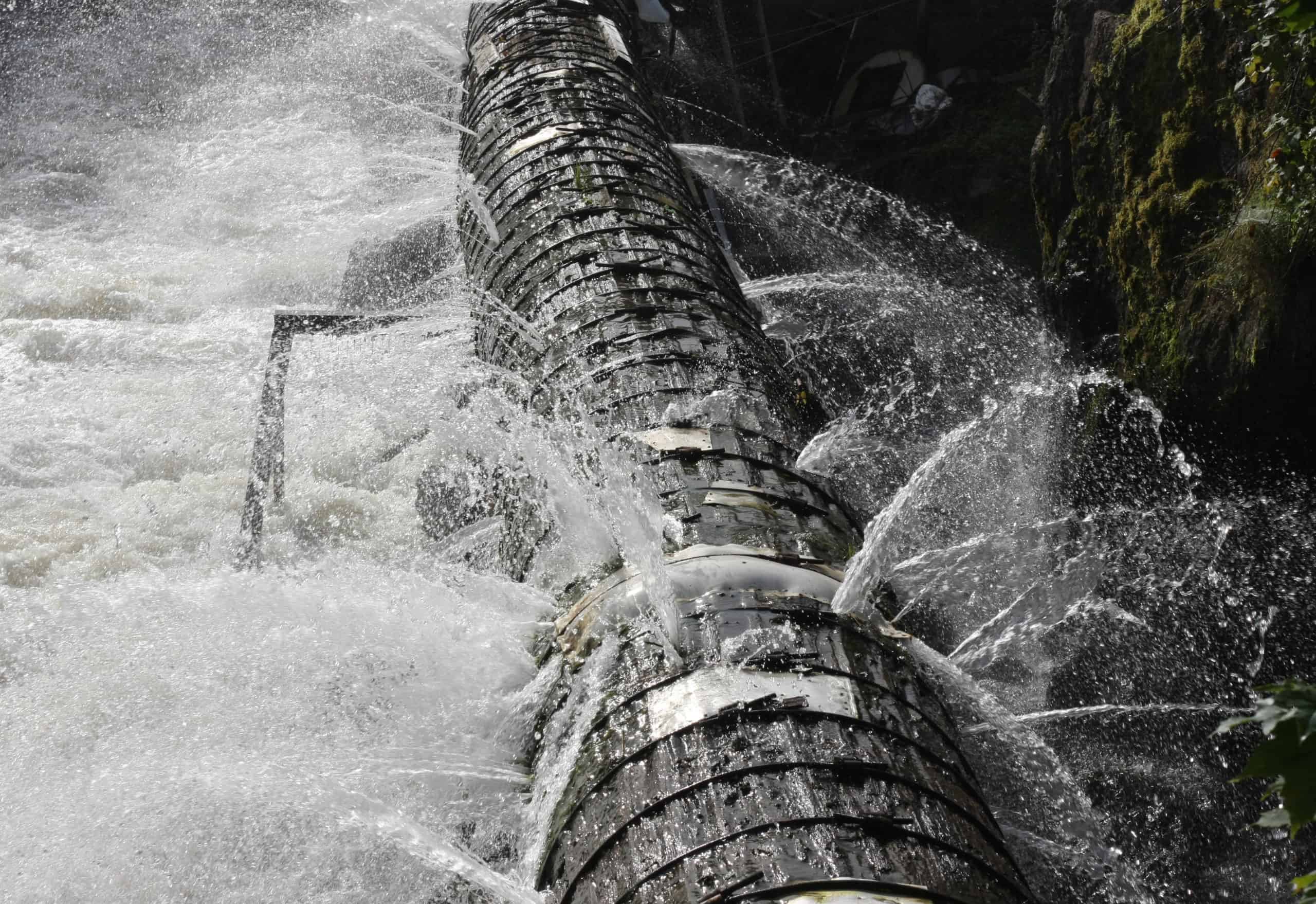Understanding the Causes of a Burst Pipe and How to Prevent It
Understanding the Causes of a Burst Pipe and How to Prevent It
Blog Article
Avoiding Burst Water Lines: Essential Tips to Shield Your Pipes
Protecting against ruptured pipelines is an important problem for home owners, specifically during cooler months when the risk of cold is increased. Implementing critical procedures such as appropriate insulation, regular evaluations, and maintaining consistent indoor temperature levels can considerably reduce the chance of pipeline failure. In addition, comprehending emergency procedures equips homeowners to react quickly to potential pipes concerns. Nonetheless, several are not aware of the specific susceptabilities that their pipes may encounter. Exploring these susceptabilities can offer important understandings into guarding your pipes system efficiently.
Understand Pipeline Vulnerabilities
Understanding pipeline vulnerabilities is essential for reliable plumbing maintenance and protecting against costly damage. Several elements add to the susceptibility of pipelines to bursts, including product structure, age, and environmental problems. Older pipes, particularly those made from galvanized steel or polybutylene, often deteriorate over time, resulting in enhanced danger of leakages and tears.
Temperature variations can likewise substantially influence pipeline stability. In colder environments, water entraped in pipes can freeze, exerting and expanding pressure on the pipeline walls, which may eventually cause a burst. Furthermore, high water pressure can strain pipes, particularly at bends and joints, enhancing the possibility of failing.

Insulate Water Lines Properly
Appropriate insulation of pipelines is crucial for preventing freezing and subsequent bursts during cool weather (burst pipe). Protecting your plumbing system properly safeguards versus temperature goes down that can lead to costly damages. Begin by determining vulnerable areas where pipelines are revealed to outdoor temperature levels, such as basements, attic rooms, and outside wall surfaces
Usage foam pipeline insulation sleeves or cover insulation tape around these areas to offer a safety obstacle. Guarantee that all areas of the pipes, especially those with minimal warmth direct exposure, get sufficient insulation. Pay unique attention to fittings and joints, as these are more vulnerable to freezing.
When protecting, it's important to pick products that fulfill local structure codes and are appropriate for the specific atmosphere. For circumstances, fiberglass insulation is usually recommended for its thermal resistance residential properties - burst pipe. In addition, think about making use of warmth cable televisions or tape in severe conditions, which can be plugged in to provide supplementary heat
Regularly examine shielded pipelines for any signs of wear or damages, as endangered insulation can reduce its effectiveness. By taking these aggressive steps, you considerably lower the threat of pipe bursts, making certain a reliable plumbing system throughout the wintertime months.
Maintain Regular Temperature Level
A secure indoor temperature level is essential for avoiding ruptured pipes throughout the frigid months. When temperatures drop, water within pipelines can freeze, producing and broadening pressure that may inevitably cause the pipelines to ruptured. To reduce this danger, property owners need to preserve a consistent temperature throughout their living space, more information ideally no reduced than 55 ° F(13 ° C)Utilizing a programmable thermostat can aid handle interior temperatures properly, ensuring that spaces with pipes stay cozy even when your house is vacant. Pay unique attention to locations that are extra susceptible to cool, such as garages, attic rooms, and basements. Keeping cupboard doors open under sinks can additionally permit warmer air from the go now home to distribute around plumbing.
In enhancement, it is sensible to allow faucets to drip somewhat during severe cold spells. This minor flow of water can avoid freezing by relieving pressure within the pipes. Throughout particularly severe climate occasions, take into consideration momentarily suspending any nighttime troubles on your thermostat to keep a consistent warm setting. By applying these techniques, homeowners can substantially reduce the danger of pipeline ruptureds and guard their plumbing systems against the harsh wintertime aspects.
On A Regular Basis Inspect Plumbing
Routine inspections of pipes systems are important for protecting against burst pipelines and maintaining general home stability. Regular checks permit property owners to identify potential issues prior to they rise into costly repair services or significant water damage. During these assessments, it is vital to analyze noticeable pipes for indications of rust, leaks, or put on. Pay special focus to areas susceptible to cold, such as cellars, attic rooms, and exterior wall surfaces.
In addition, checking links and joints is crucial, as these points are often vulnerable to leakages. Home owners need to also analyze water stress degrees, as excessive pressure can stress the plumbing system and raise the danger of pipe bursts.
Think about scheduling expert plumbing inspections at least once a year, specifically prior to winter season, to ensure your system is prepared for cooler temperature levels. By being aggressive in your technique, you can protect your home versus the expensive and turbulent consequences of ruptured pipelines.
Know Emergency Procedures
Understanding emergency treatments is essential for every property owner, specifically after carrying out routine pipes evaluations. Being prepared for a pipes emergency can considerably alleviate damages and conserve costs.
Next, maintain vital tools handy. A plumbing emergency situation set need to consist of a wrench, bettor, and towels, as well as a flashlight and a container for tiny leakages. Additionally, take into consideration having the contact details for a trusted plumber easily available, should the scenario rise beyond your control.
If you discover a leak or ruptured pipeline, right away transform off the supply of water and alert your plumber. Document the damages with photos for insurance policy objectives. Know the signs of potential pipes concerns, such as uncommon water pressure fluctuations or damp places on wall surfaces
Eventually, proactive expertise and speedy activity are vital in managing plumbing emergency situations, guaranteeing your home continues to be safeguarded and decreasing potential damages.

Conclusion
In conclusion, protecting against burst pipelines necessitates a diverse method that consists of understanding pipeline vulnerabilities, proper insulation, preserving constant indoor temperatures, regular examinations, and understanding of emergency situation treatments. By executing these important methods, the danger of pipes failures can be substantially lowered, therefore making sure click site the longevity and efficiency of the pipes system. Aggressive procedures not only safeguard versus prospective damage but also add to total water conservation and the defense of property.
In colder environments, water trapped in pipelines can ice up, exerting and broadening pressure on the pipeline wall surfaces, which may inevitably lead to a ruptured. When temperatures decrease, water within pipes can ice up, broadening and producing pressure that may inevitably create the pipes to burst. By executing these methods, property owners can dramatically decrease the risk of pipeline bursts and guard their pipes systems against the harsh winter season elements.

Report this page